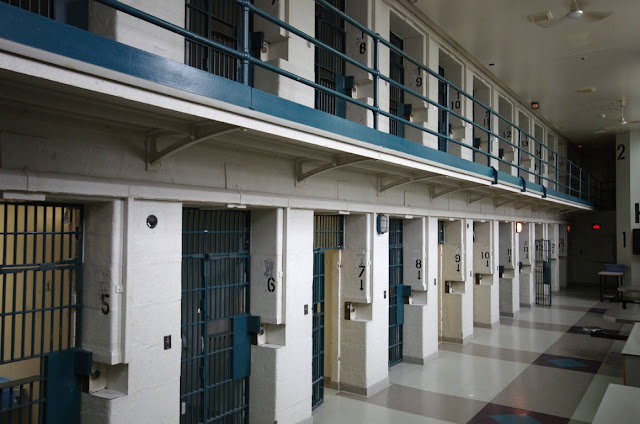Why hot water freez faster than cold water ? How?
Here’s a scientific mystery for you:
Does hot water freeze faster than cold water? The answer is: We don’t know. You’re probably thinking, how can we not know? I mean, we’ve all got water. Most of us have a freezer.
This seems like a pretty simple experiment. Well, you’re right, it is. It also isn’t. The experiment has been performed by brilliant people all over the world. And in those experiments, sometimes hot water freezes faster than cold water. And sometimes it doesn’t. And either way, the results of the experiment are not reproducible. The observation that hot water will freeze faster than cold water is called the Mpemba Effect. It’s named after Erasto Mpemba, who noticed the effect in 1963 when he was just thirteen years old and making ice cream with his classmates.
He noticed that the ice cream mixture made with hot milk froze faster than the mixture made with cold milk. However, he wasn’t the first person to make this claim. Aristotle said the same thing in the year 4 BCE. Just, you know, not about ice cream. René Descartes and Francis Bacon also believed that hot water froze faster than cold water. But scientists aren’t convinced that theMpemba Effect is actually a thing. Here’s the problem.
When you have any two samples of water that’s just ordinary tap water, one of them will always freeze first. That’s because the mixture of impurities in the water will be slightly different. The differences in the composition, size, and position of those impurities can make the freezing point of water vary by several degrees.
Hot tap water will freeze before cold distilled water if you control for all other conditions because the impurities in the tap water mean that it just freezes at a higher temperature. So in that case, the hot water does freeze first, but not because it’s hot. If the Mpemba Effect is a thing, and warmer water really does freeze faster, there are a lot of theories for why that might happen. Evaporation is the simplest and probably the best one. Some of the hot water will evaporate as it cools, meaning there’s just less water to freeze, so it doesn’t take as much time. But the Mpemba Effect has been observed while using sealed containers, which prevented evaporated water from escaping
Other researchers who have looked into the Mpemba Effect claim it has to do with convection currents, the way the water moves around as it heats. Or covalent bonds. Or how hot water holds less dissolved gas, which maybe does... something. They’re not really sure. Want to test it yourself? Stick some water in your freezer and see if you notice something weird. Who knows, maybe you’ll get an effect named after you.


Comments
Post a Comment